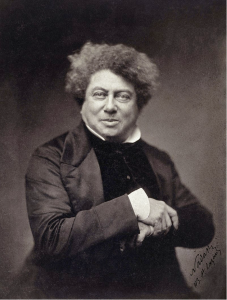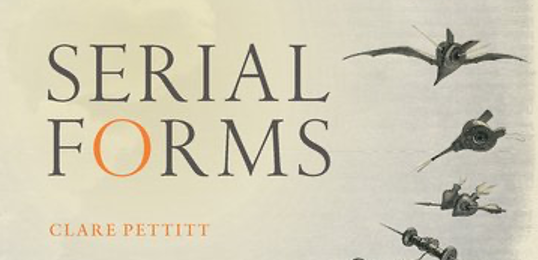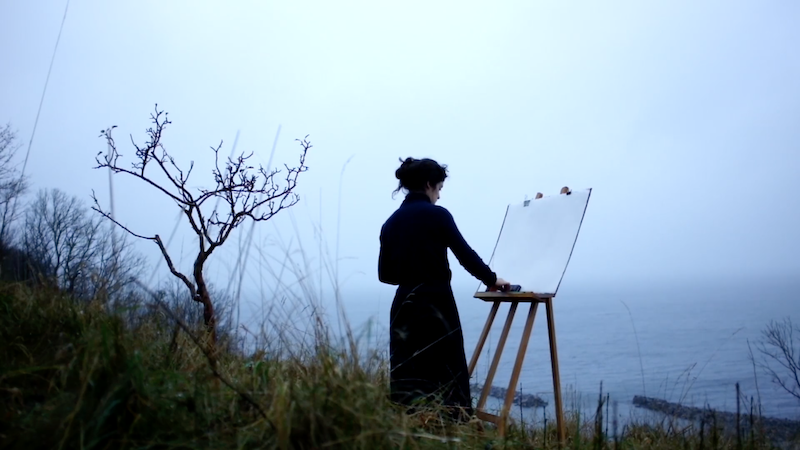By Clare Pettitt, Professor of Nineteenth-Century Literature and Culture at King’s College London
The 5th of June 1846 was a boiling hot day. It was so hot that Elizabeth Barrett, soon to become Elizabeth Barrett Browning, ‘could do nothing but lie on the sofa and drink lemonade and read Monte Cristo’. She wrote to Robert Browning that she had started ‘“Le Comte de Monte Cristo,” the new book by Dumas, (observe how I waste my time . . .) & really he amuses me . . . six volumes I am glad to see.’ She was not alone: Dumas’s newspaper novel, The Count of Monte Cristo, was everywhere that year. It was running in various languages in serial magazines and abridged in the cheap penny papers across Europe and America. Ralph Waldo Emerson remembered “falling back” on long serial novels by Dumas and Dickens on his voyage to Europe from America in 1847. Dickens’s new novel Dombey and Son was coming out between October 1846 and April 1848 and was eagerly consumed by the literate and semi-literate alike. In the 1840s, then, the print serial had begun to cross languages, countries, classes, and genders. The form was creating new international readerships and a new rhythm of reading.







